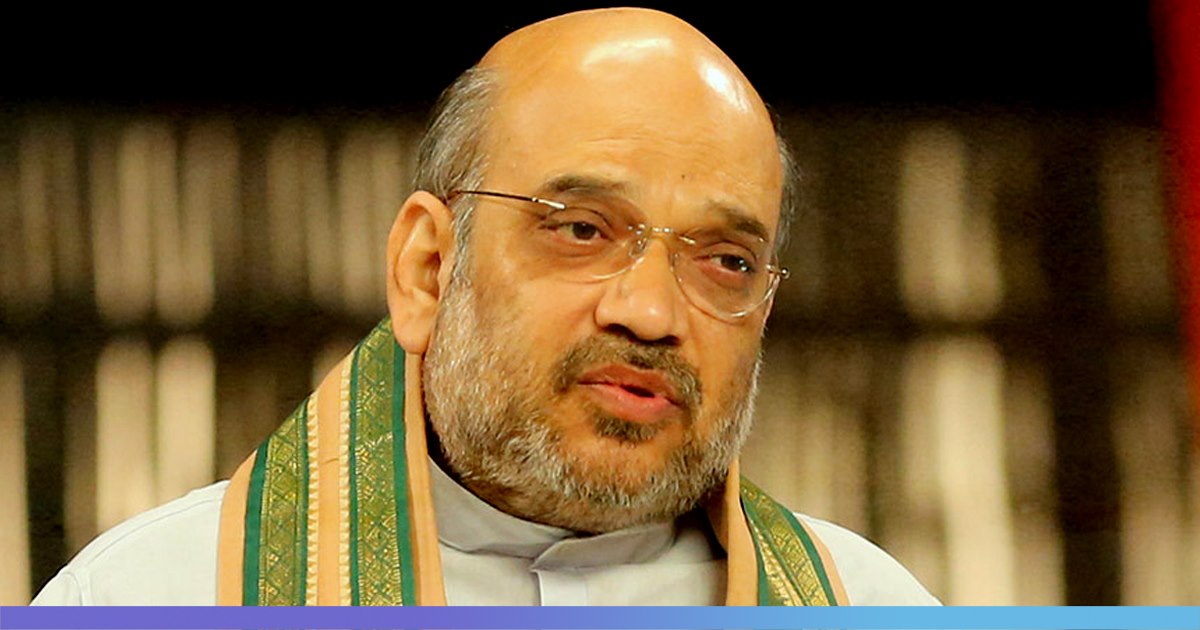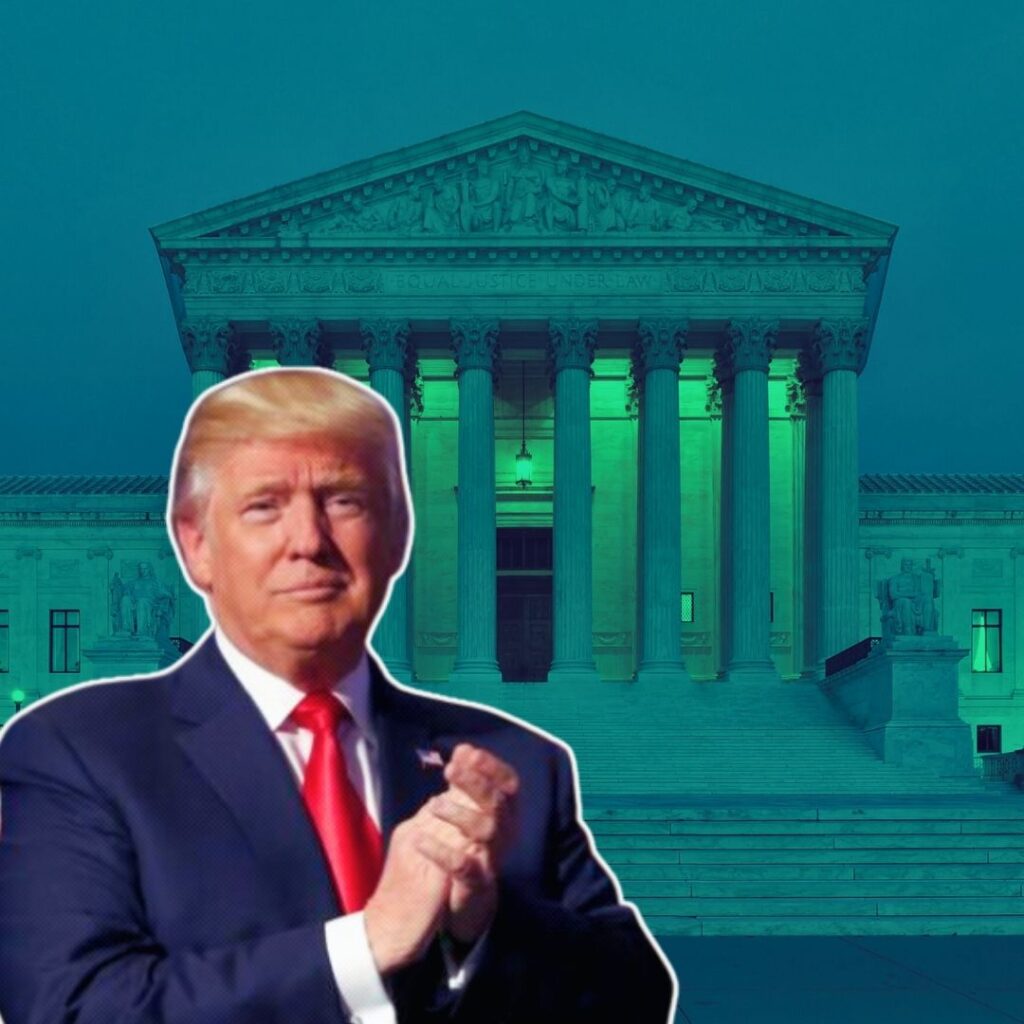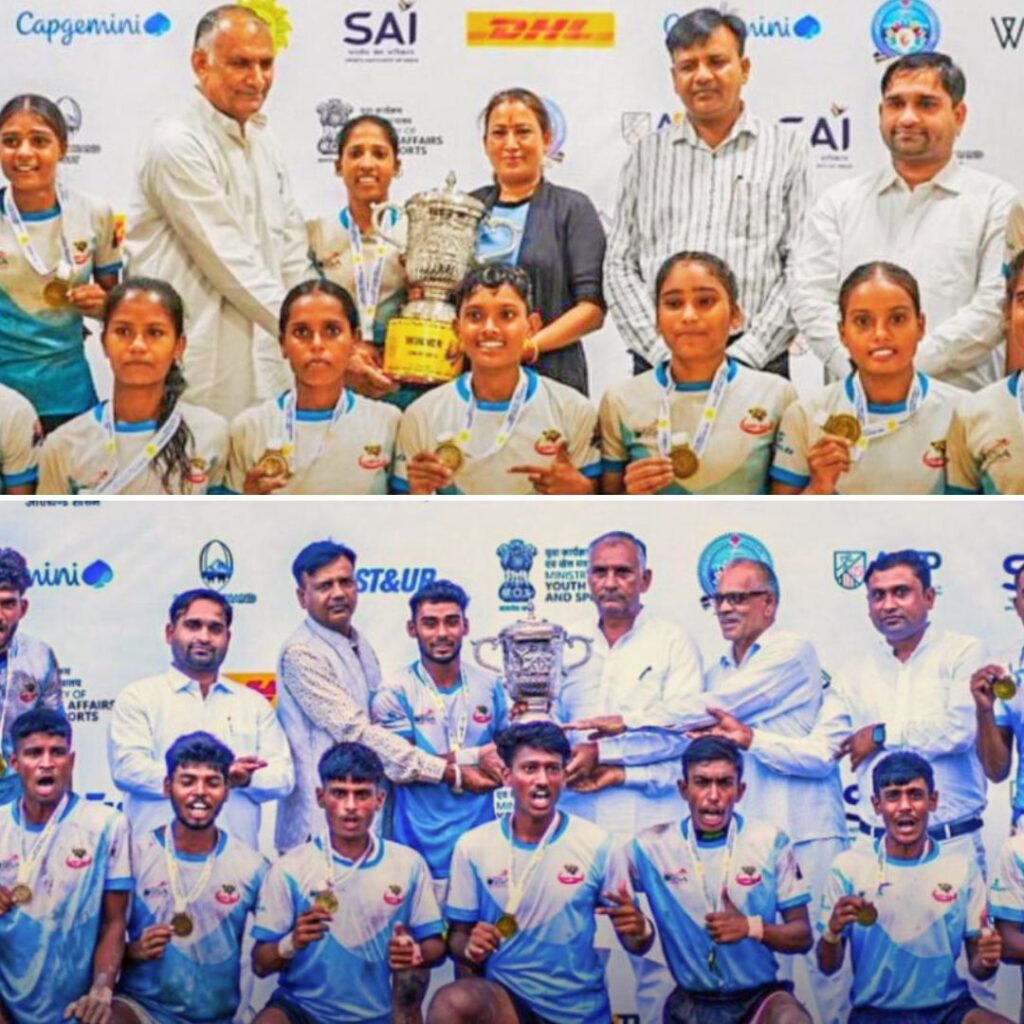As protest over the contentious Citizenship Amendment Act grips the nation, the Ministry of Home Affairs released a five-page Frequently Asked Questions (FAQs) on the law. Interestingly, while the FAQs answer the most asked questions, but at the same time contradicts the Union Home Minister Amit Shah’s comment on a number of occasions.
CAA & NRC Not Linked
CAA – The Citizenship Amendment Act seeks to provide citizenship to people from some minority communities (Hindus, Sikhs, Buddhists, Christians, Jains, and Parsis) from Bangladesh, Pakistan, and Afghanistan – but excludes Muslims from its scope. CAA will not provide citizenship to Muslims from these countries.
NRC – National Register of Citizens is an official record of those who are legal Indian citizens. The process is aimed at weeding out illegal immigrants from the country.
According to the government released FAQ, CAA and NRC are not linked. “CAA is a separate law and NRC is a separate process,” read the statement. It further said that NRC rules and procedures for the country are yet to be decided. However, if one revisits Amit Shah’s speech prior to the 2019 General Election in West Bengal, the fear among many citizens about the correlation between NRC and CAA can be understood.
Amit Shah at a rally in Bongaon, West Bengal on May 1, 2019, had said, “The CAB will come, all refugees will be given citizenship, and after that, a National Register of Citizens will be formed. Refugees do not have to worry. Infiltrators will surely have to worry.” He also said that NRC will not only be implemented in West Bengal (a state that shared borders internationally) but also throughout India.
First we will pass the Citizenship Amendment bill and ensure that all the refugees from the neighbouring nations get the Indian citizenship. After that NRC will be made and we will detect and deport every infiltrator from our motherland. pic.twitter.com/oB2SlBaQ0j
— Amit Shah (@AmitShah) May 1, 2019
In a scroll.in report Mohit Ray, head of the BJP’s Refugee Cell in Bengal had said to avoid problems like Assam, where everyone had to go through the process, NRC will only be implemented once all the refugees are identified and citizenship is given to them through the CAA.
It is this notion, that only Muslims would need to go through the arbitrary National Register of Citizens process since it is linked to the Citizenship Amendment Act, which is now the main cause of panic in the community.
All India NRC, Not Yet Announced
Amit Shah has on several occasions has said NRC will not only be implemented in West Bengal but throughout India. This month, he set a deadline for the implementation of a countrywide NRC by stating that the exercise will be rolled out before the 2024 Lok Sabha elections. However, he the date for a pan India NRC has not been announced yet despite the existing legal framework for a National Register of Citizens in the form of the 2003 Citizenship Rules.
Recently, when the CAB was discussed in Lok Sabha, Amit Shah waging his finger has said that NRC will be implemented soon. He said no link to connect NRC with CAA when the time will come, he will explain to everyone in the Parliament about it.
As per the scroll.in the report, the first step to a National Register of Citizens, a National Population Register – a door-to-door data collection drive – has already begun.
There Is No Need To Show Parent’s Documents For NRC
A lot of confusion has been there regarding the documents one needs to provide to prove their citizenship. However, several have been apprehensive of submitting their parent’s birth certificate to prove their citizenship. During the NRC in Assam, citizens were asked to prove the citizenship status of one or both parents.
However, in the FAQ, the government has said that an individual’s birth certificate will be enough to prove his/her citizenship. “If you do not have the details of your birth, then you will have to provide the same details about your parents. But there is absolutely no compulsion to submit any document by/of the parents,” the statement read.
But, according to the Indian law of acquiring citizenship by birth, “an individual born on or after 3rd December 2004 will be considered as the citizen of India if both the parents are citizens of India or if one of the parents is a citizen of India and the other is not an illegal migrant.”

In the FAQ, however, the Centre has provided itself an escape clause by saying that the decision on acceptable documents.
Documents Such As Aadhaar, Passport Enough To Prove Citizenship
In the FAQ, the government said that documents that are likely to be used during NRC will be – voter cards, passports, Aadhaar, licenses, insurance papers, birth certificates, school leaving certificates, documents relating to land or home or other similar documents issued by government officials. Again the documents were against the home minister’s statement. On December 17, Amit Shah in an interview had said that Aadhaar card and voter Id card are not a resilient document for proving citizenship of a country. “These do not decide citizenship,” said Shah. “And Aadhaar does not decide citizenship at all,” the minister can be heard saying at 8’12”.
Meanwhile, the government officials have also said that passport, Aadhaar, and voter id does not prove citizenship. The Ministry of Home Affairs has denied that they have released the FAQs even though the list is still visible in the press information bureau’s website.
"The said document has not been released by the Ministry of Home Affairs", the ministry’s media wing told us in an email, when asked whether the government issued this document. https://t.co/Dzo1fr1pF4
— FactChecker.in (@FactCheckIndia) December 20, 2019
Also Read: Exclusive | ‘Spies Can Be Of Any Religion’: Former Intelligence Head Raises Concerns Over CAA











